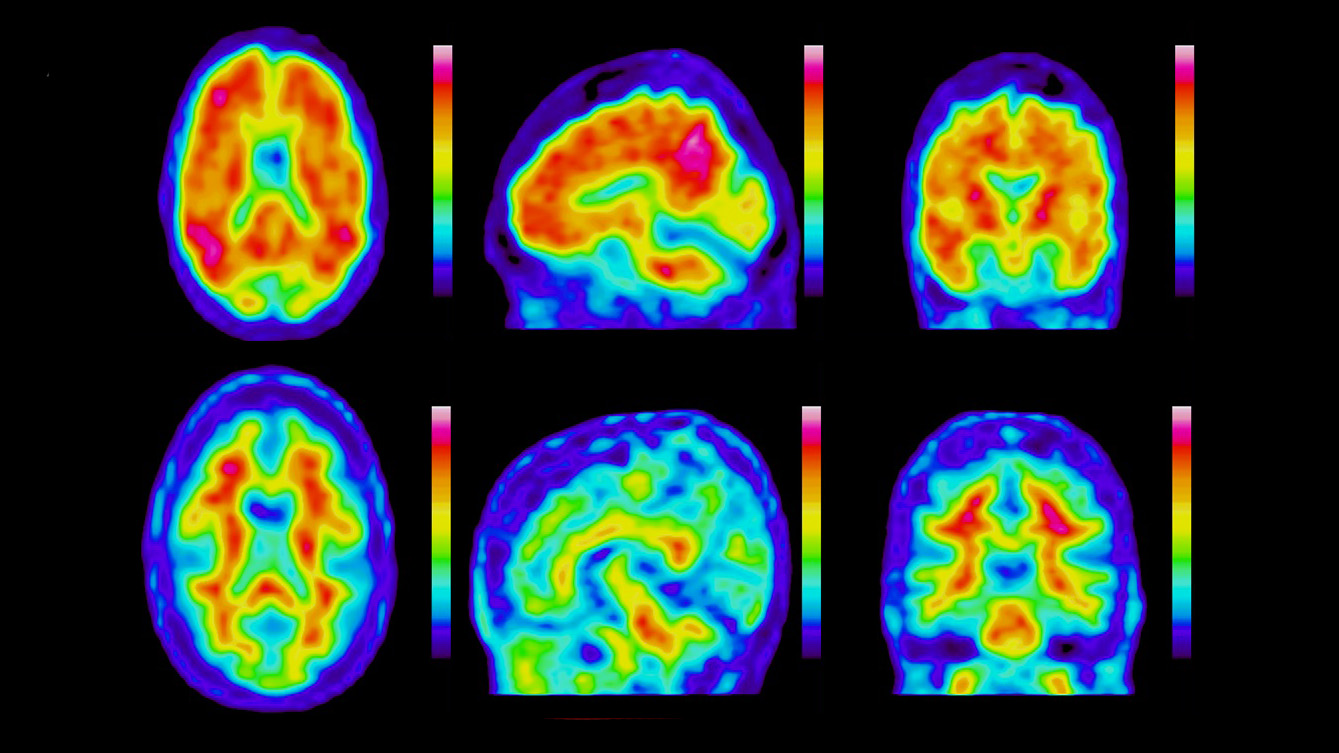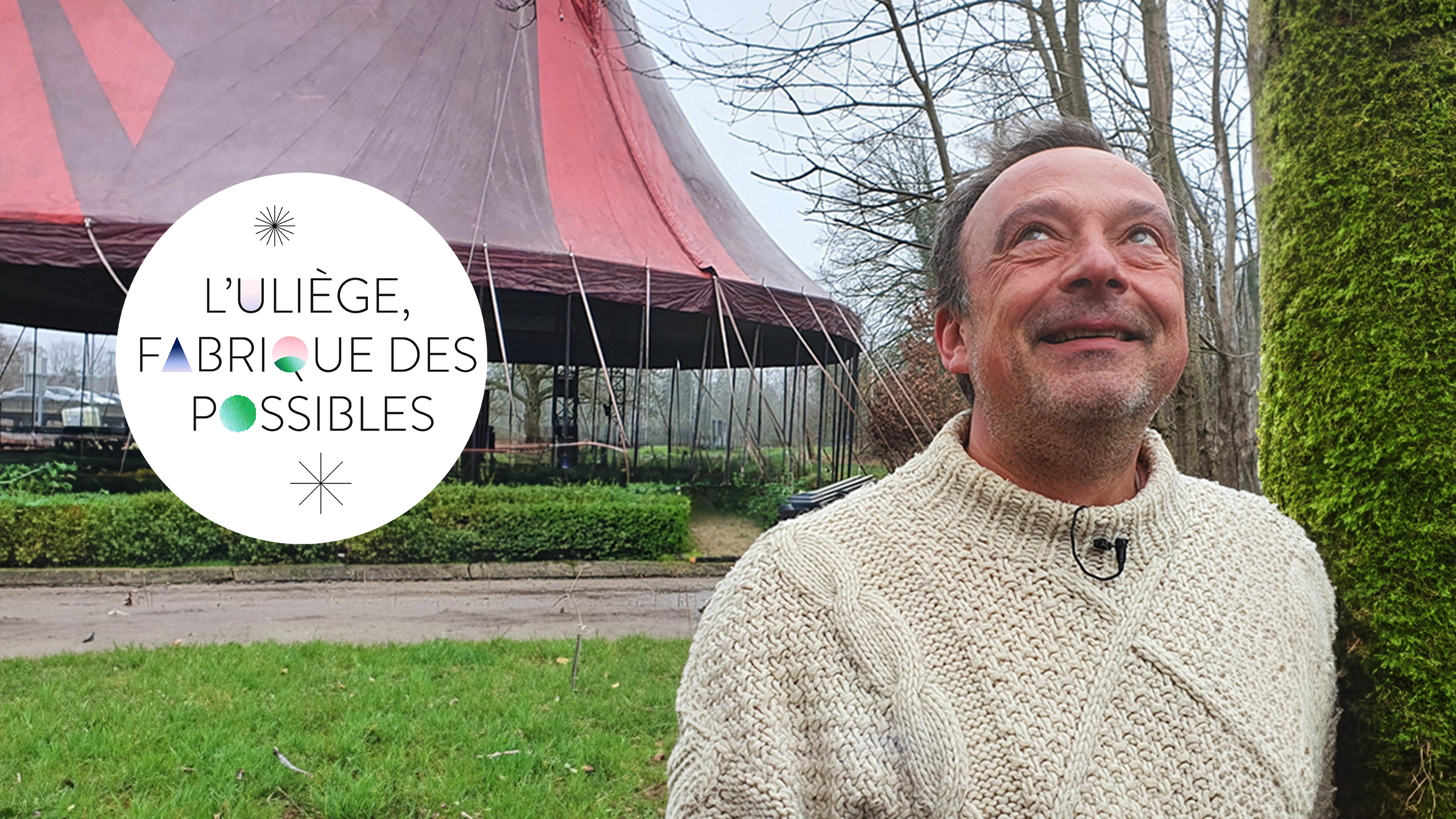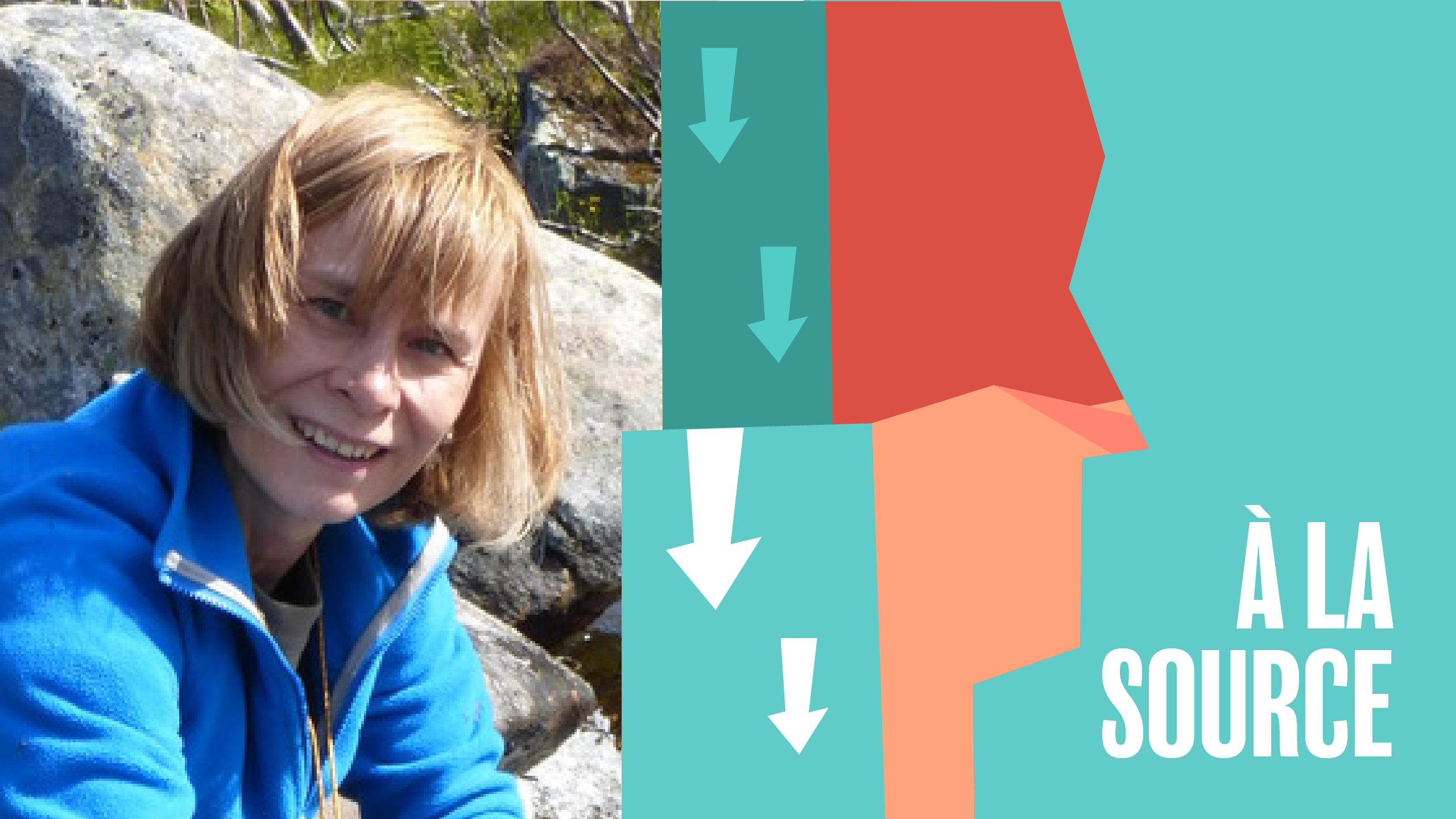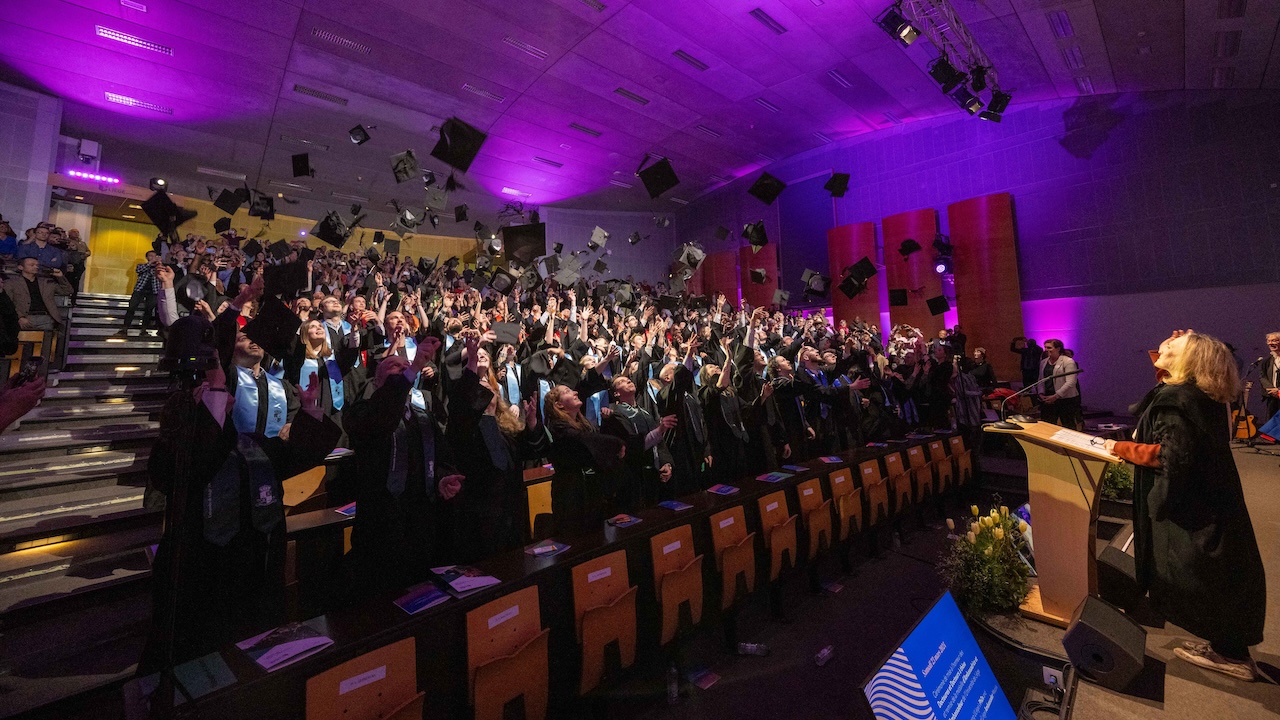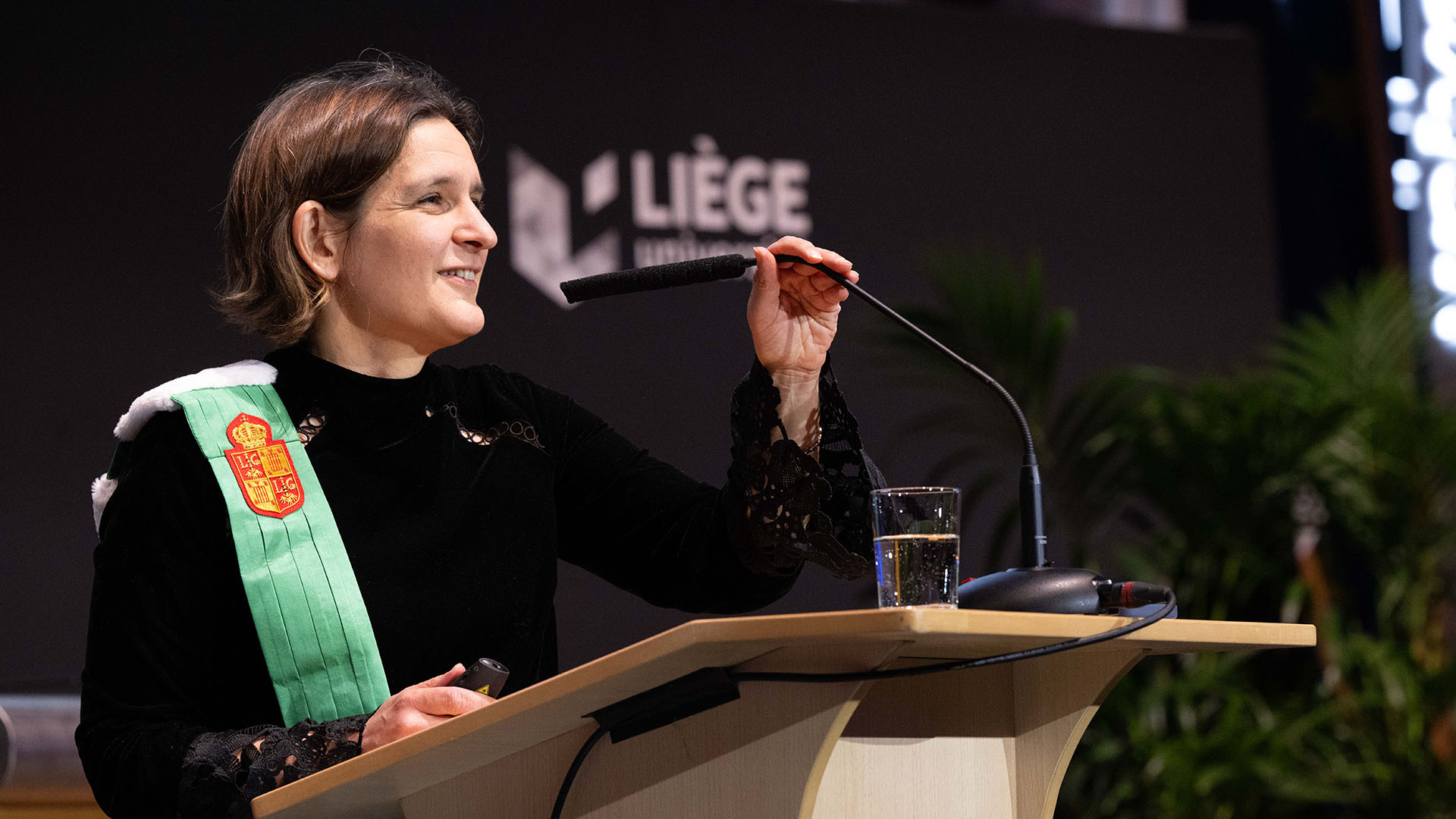
Les nouveautés de la rentrée 2024-2025
Nouveaux masters, réformes et innovations au sein des formations existantes, internationalisation accrue, projets, nouveaux certificats... Découvrez dès à présent toutes les nouveautés de la rentrée 2024 à l'ULiège !








